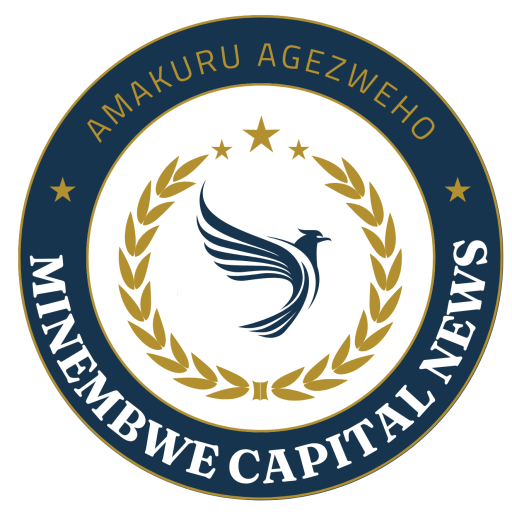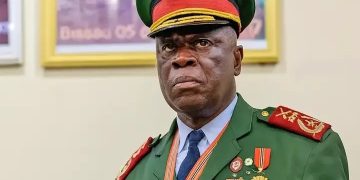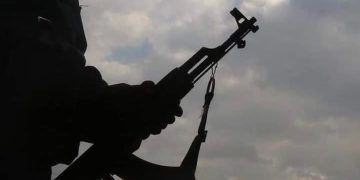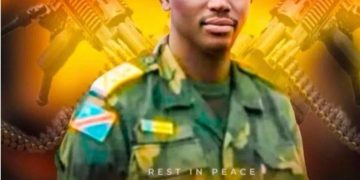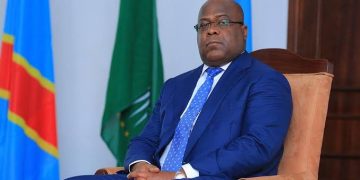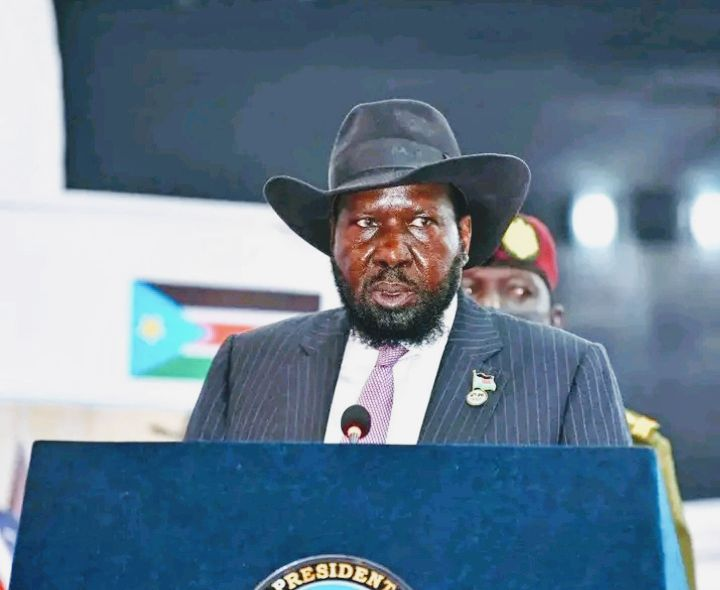
By Chris Muhizi for MCN.
The long-delayed elections in South Sudan, according to president Salva Kiir, will take place in 2024, and he will be a candidate for the party in power, the Sudan People’s Liberation Movement.
At a stadium gathering on Tuesday in Bahr el Ghazal, Kiir, who has been in charge of South Sudan since it gained independence from Sudan in 2011, acknowledged the support of the ruling party. The election would mark South Sudan’s first-ever nationwide vote.
He continued by saying that his government is making every effort to guarantee that everything necessary for holding the elections is in place.
First Vice President Riek Machar, who hasn’t officially declared his candidacy, is anticipated to challenge Kiir, a longtime foe.
The government is allegedly lacking the political will to organize elections, according to the opposition. However, Kiir asserted that he is dedicated to holding free and impartial elections.
Prior to Kiir and Machar signing a peace agreement in 2018 and forming a unity government, roughly 400,000 individuals lost their lives in a five-year civil war.
As the peace deal hasn’t been properly followed, the nation has since struggled with flooding, starvation, bloodshed, and political wrangling. Violence still exists in some areas of the nation despite the fact that large-scale battles have receded. The Armed Conflict Location & Event Data Project estimates that it killed 2,240 people last year.
The violence there was also named one of the top 10 global crises that had gone unaddressed by the Norwegian Refugee Council in 2022.
The South Sudanese government has come under heavy fire from the UN for its involvement in fomenting unrest, repressing political liberties, and looting public funds.
The UN representative to South Sudan, Nicholas Haysom, issued a dire warning in March, saying that 2023 would be the nation’s “make or break” year and that its leaders would need to implement the peace deal in order to host “inclusive and credible” elections that year.
For elections to take place by the end of 2024, Haysom emphasized that Juba has “stated clearly that there would be no further extensions of the timelines.”
